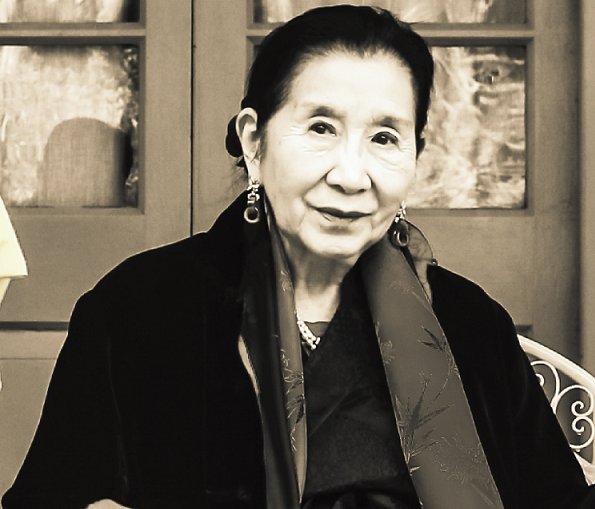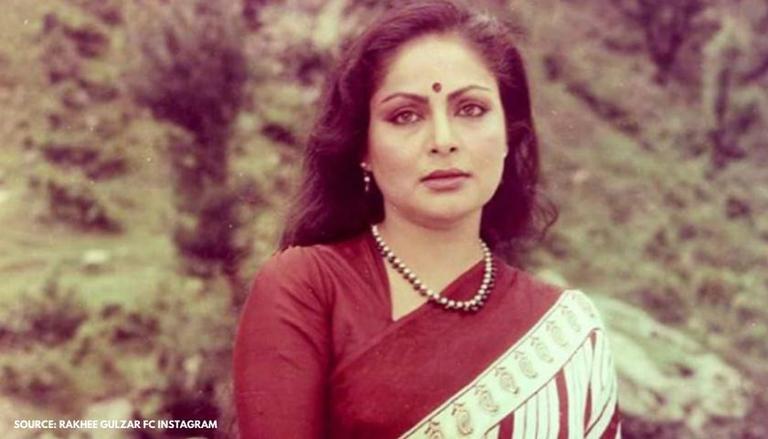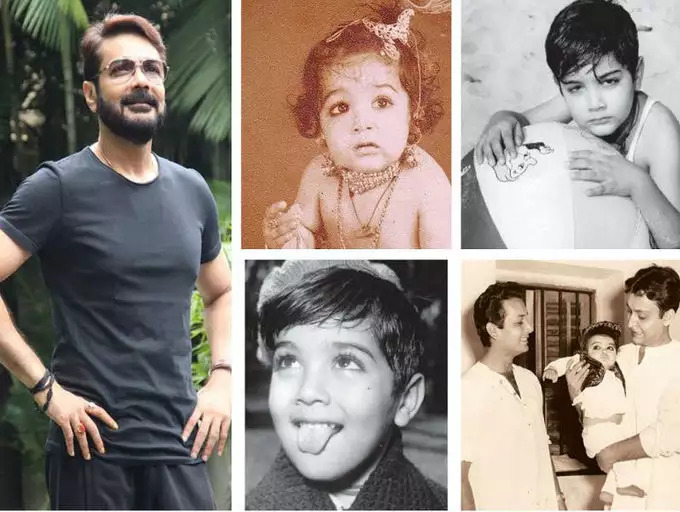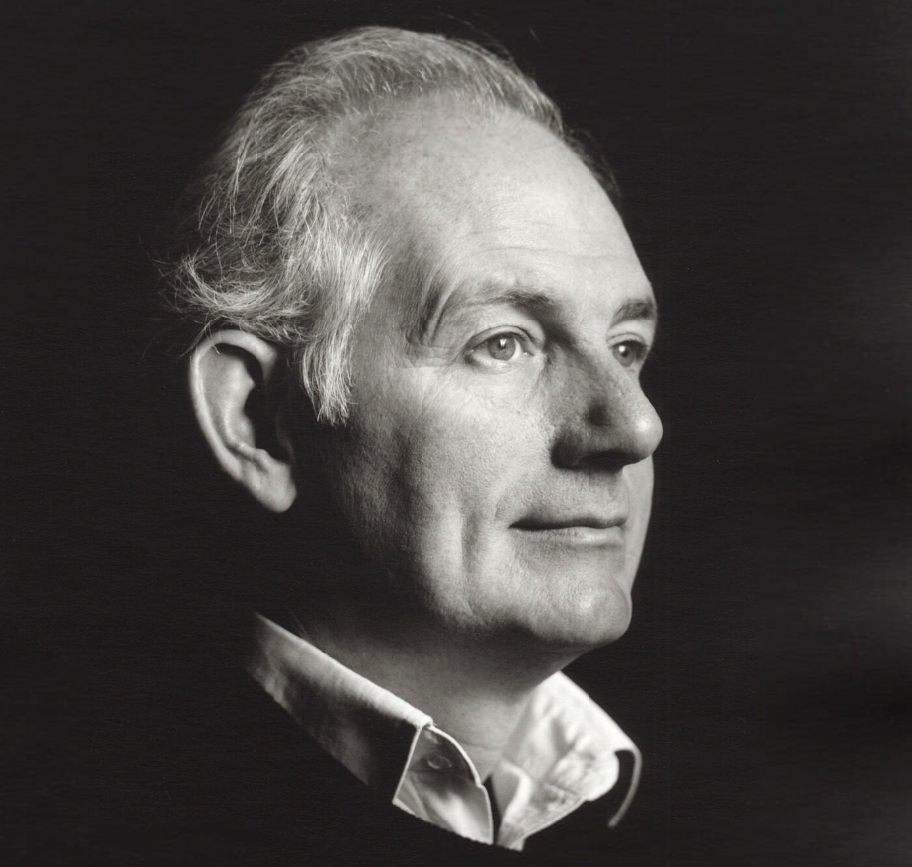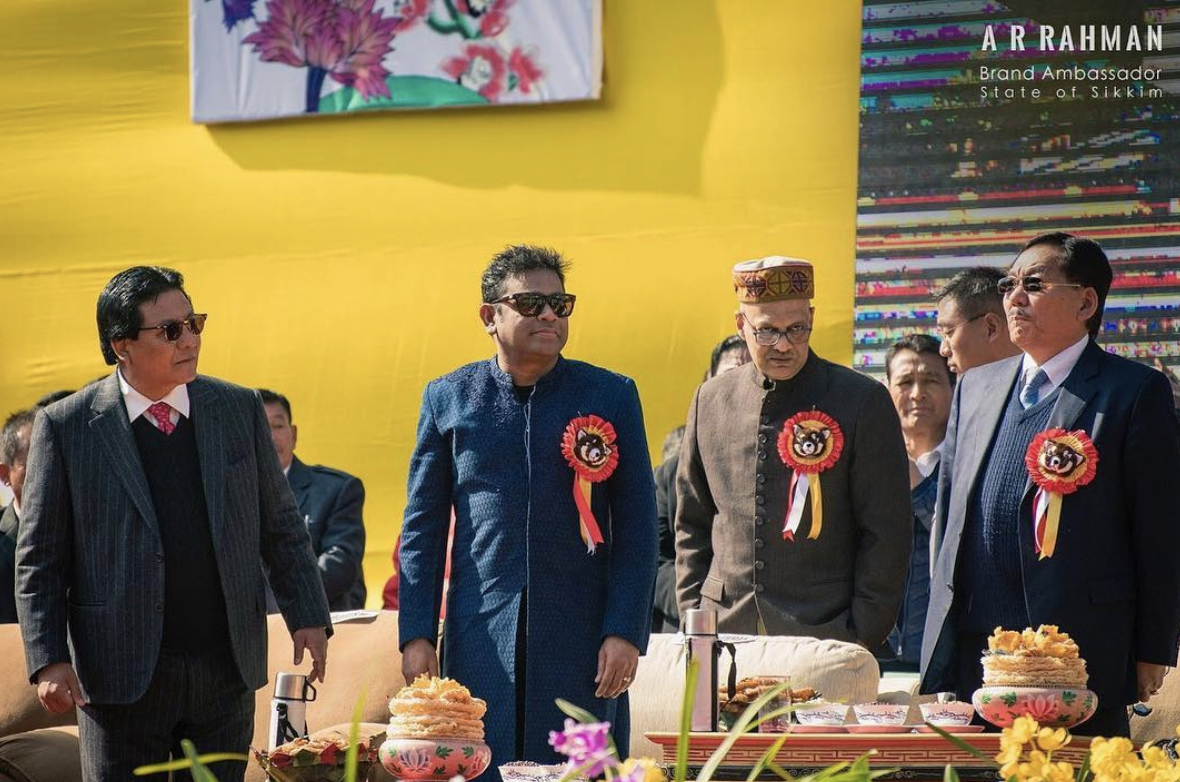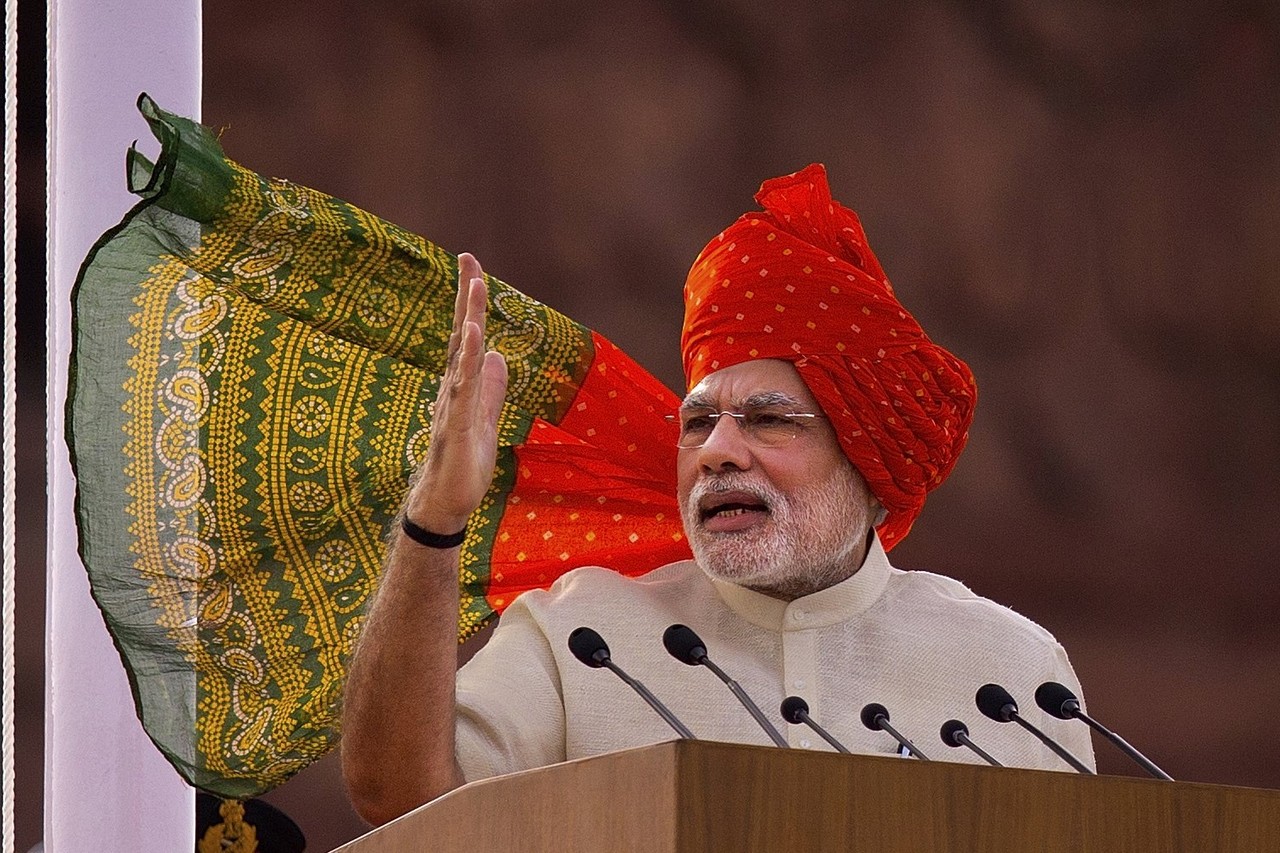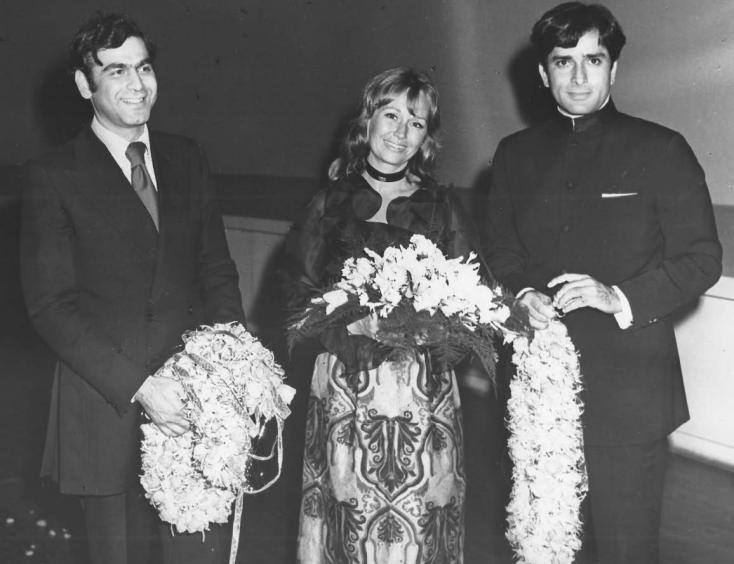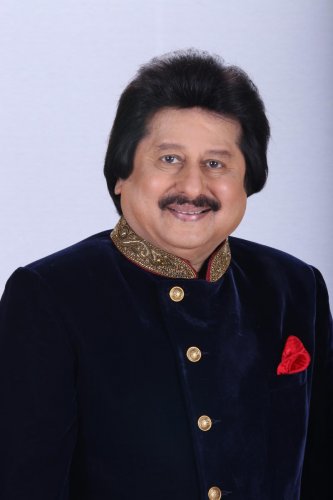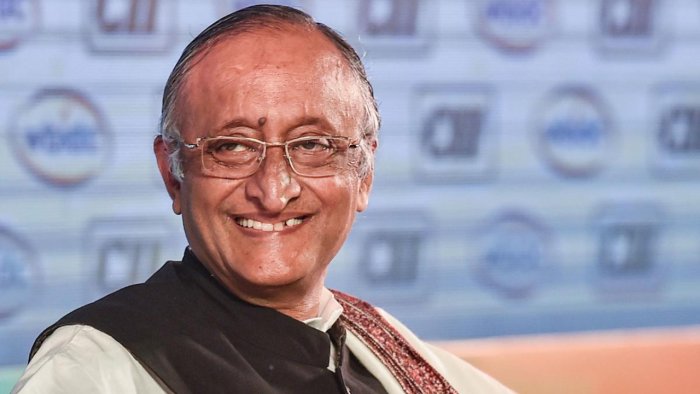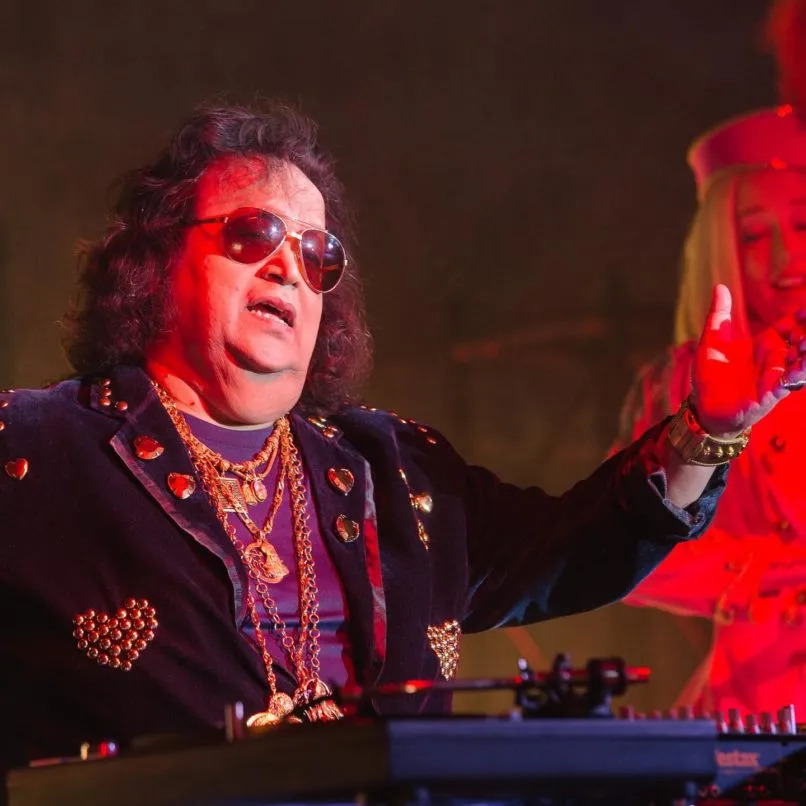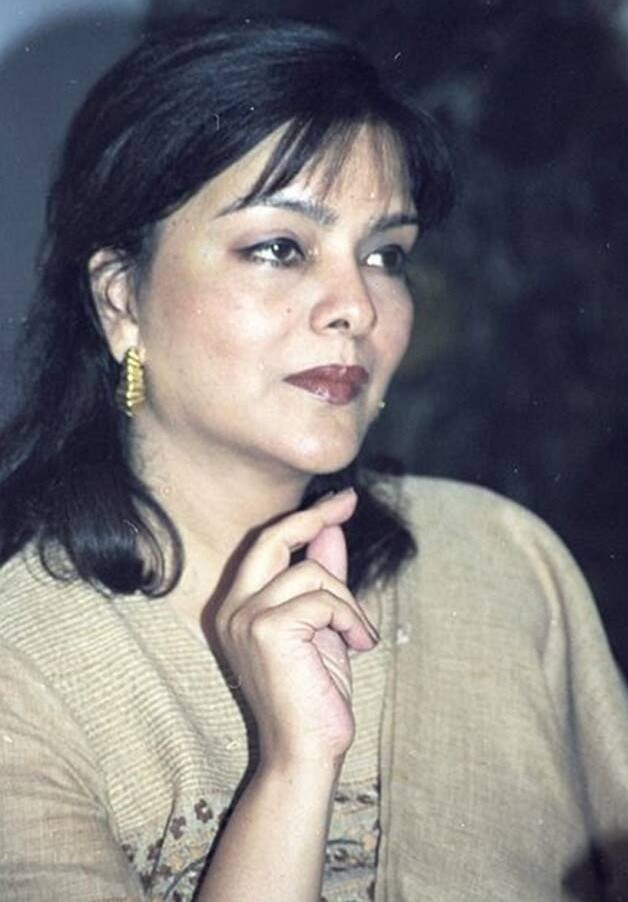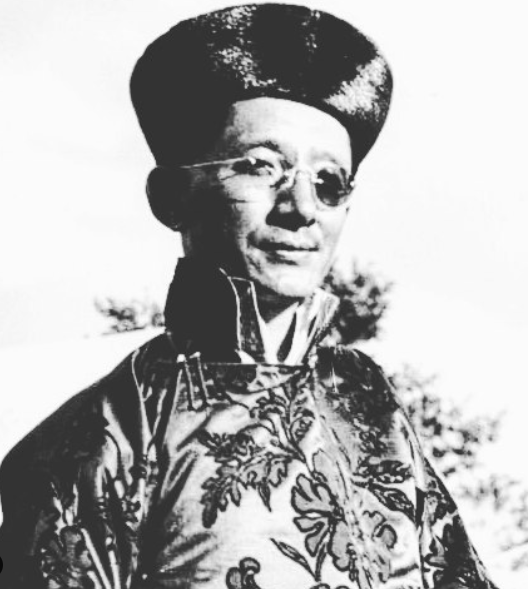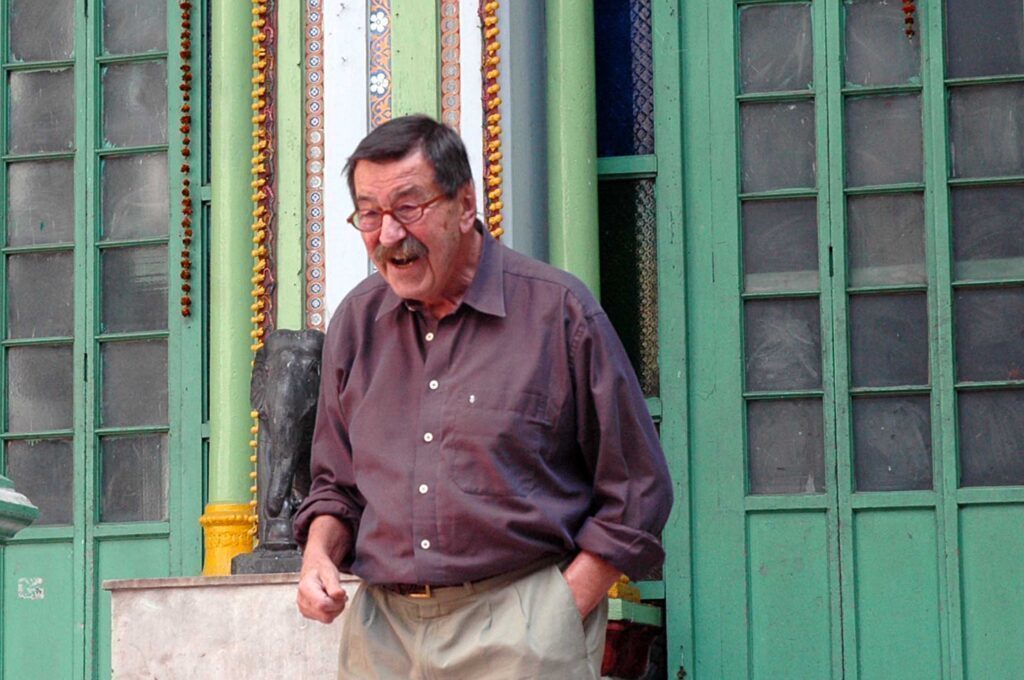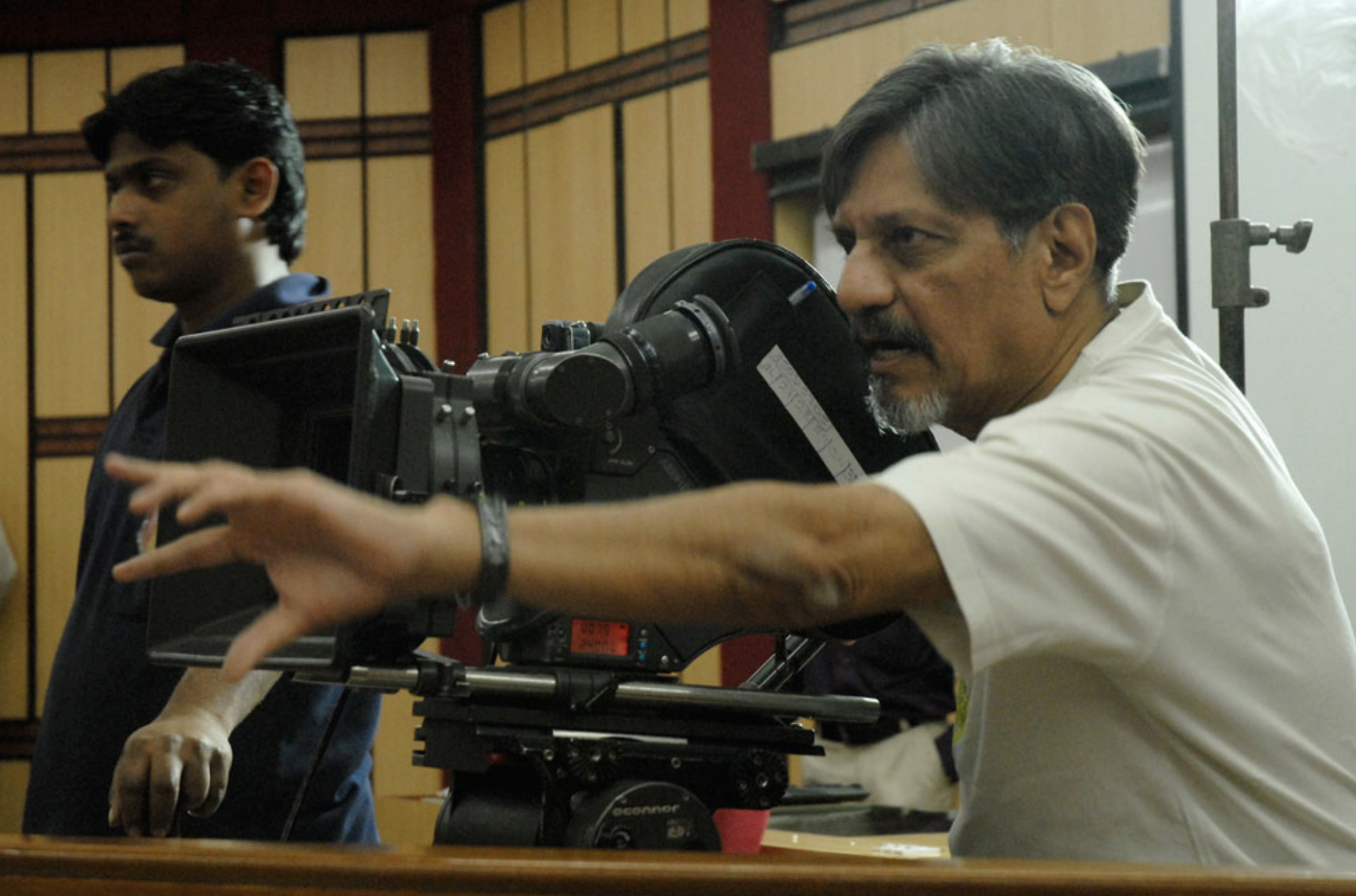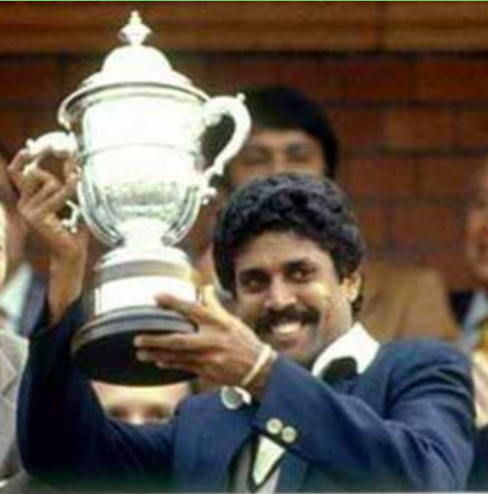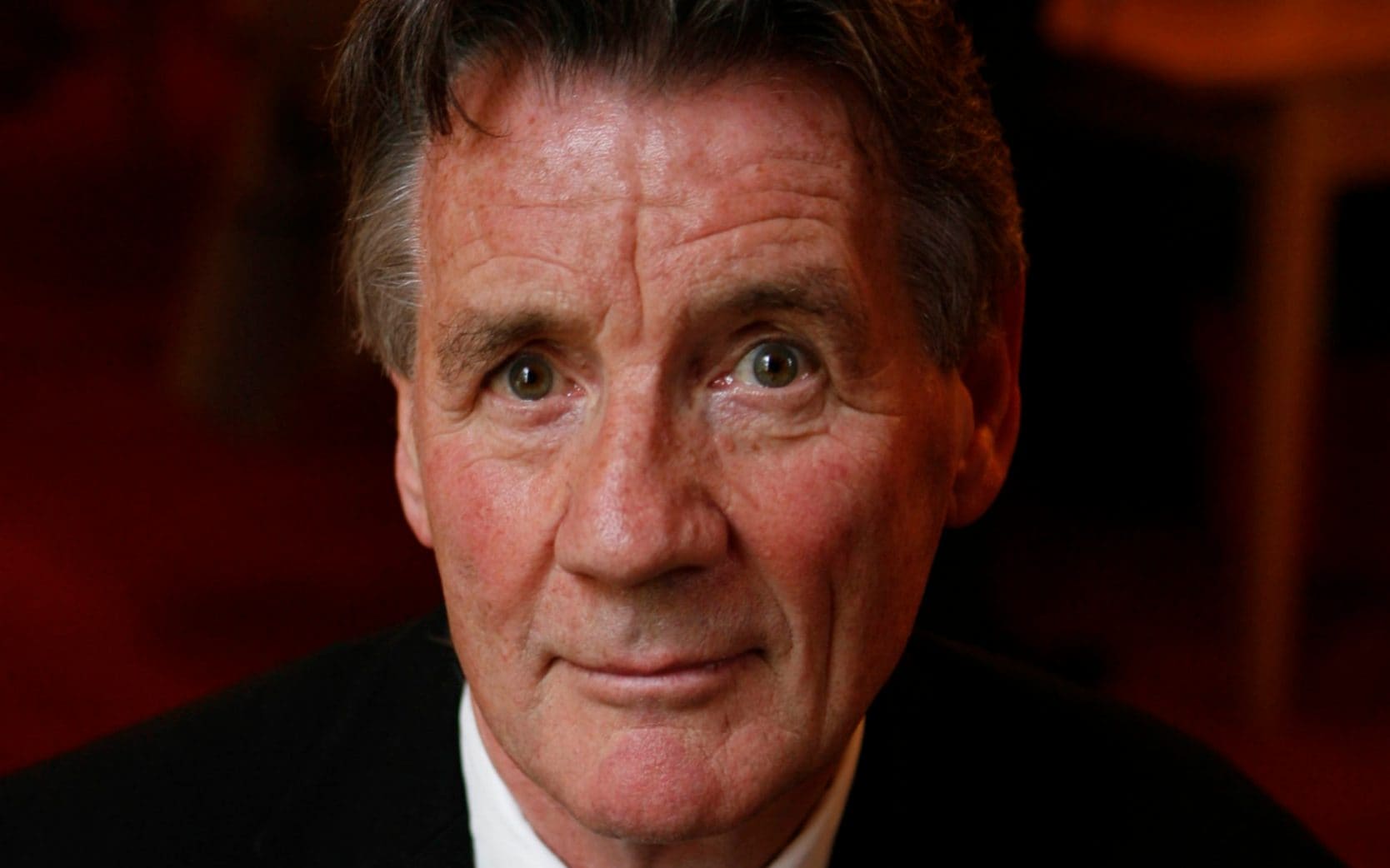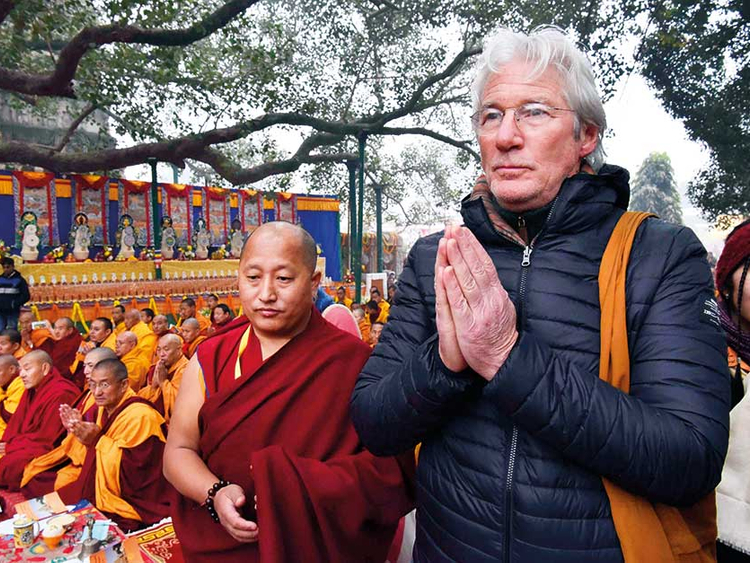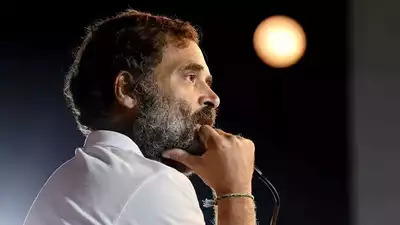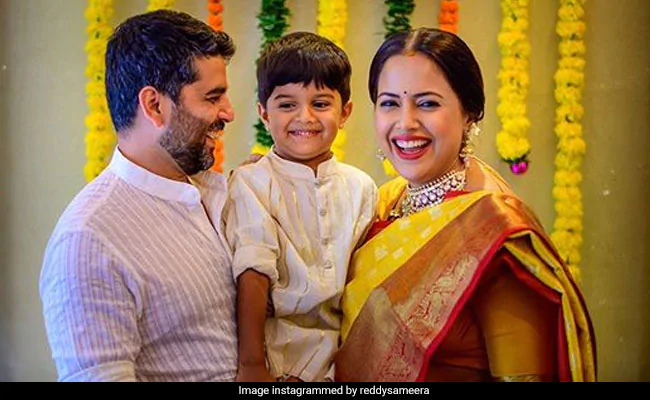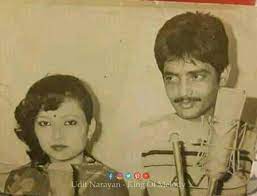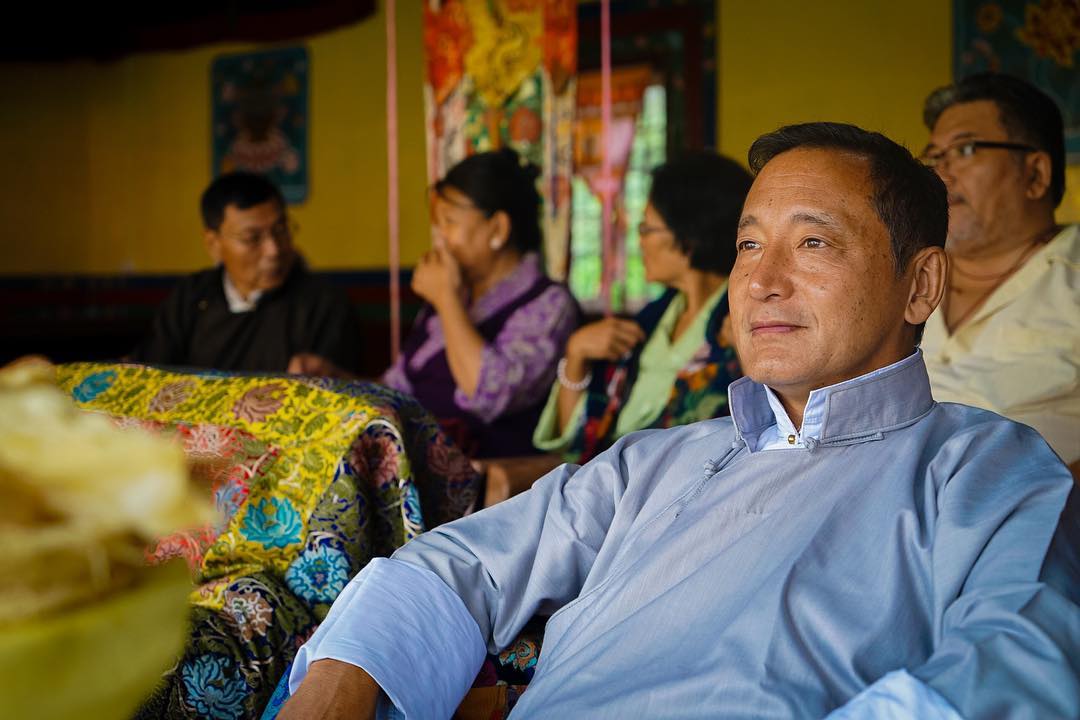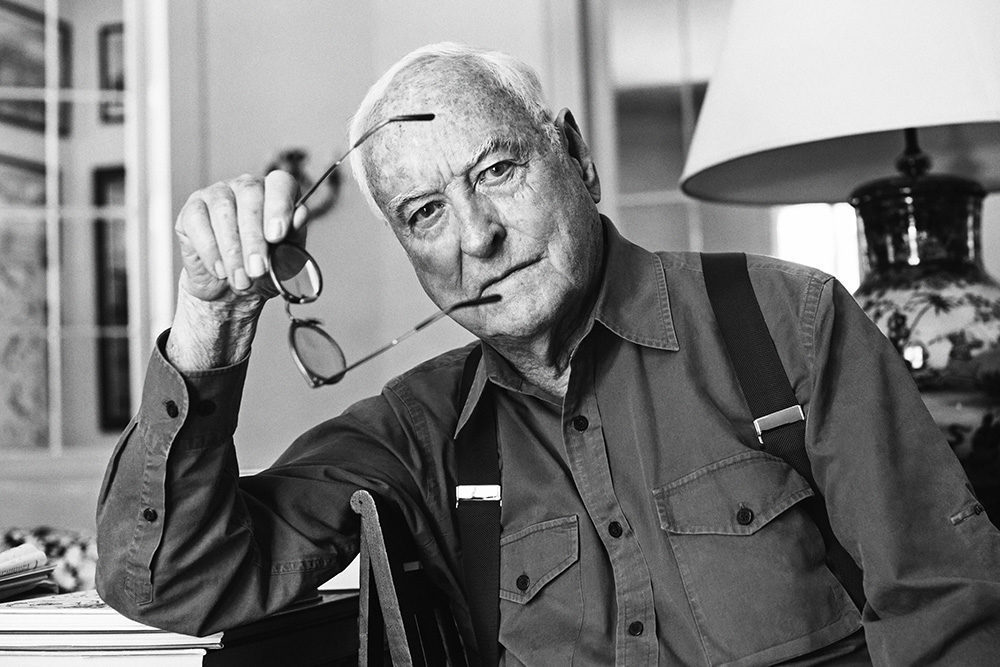AN ELGIN EXCLUSIVE FEATURE
Grandson of Mahatma Gandhi and C Rajagopalachari, Gopalkrishna Gandhi, does not necessitate a preface merely on his lineage. Served as an IAS official from 1968 till 1992, as Gopal deliberately withdrew upon acquiring his Master’s in English literature at St. Stephens College. From 1985 to 1987, as Secretary to the Vice President, as Joint Secretary to the President from 1987 to 1992, and ultimately Secretary to President in 1997- Gopalkrishna served in several posts during his tenure.
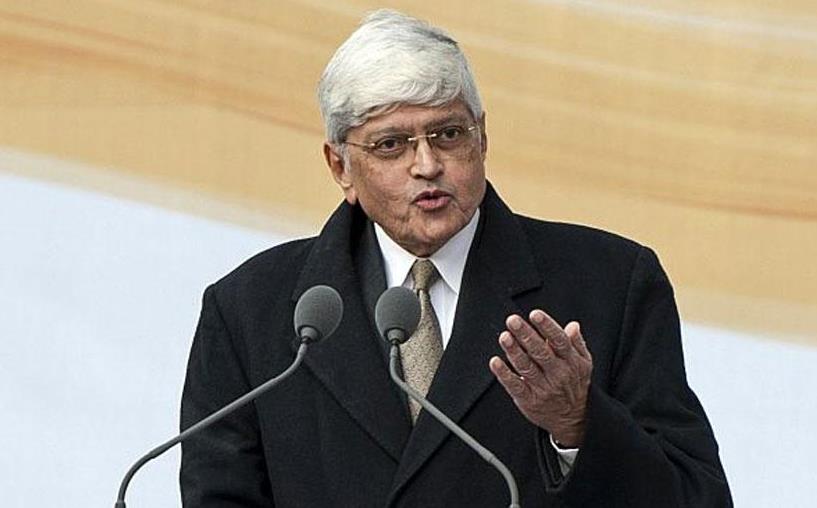
Gopalkrishna Gandhi was the governor of West Bengal from December 2004 to December 2009.
Gandhi, who began the IAS cadre in 1968, served as governor of West Bengal during some of the most turbulent years in the state’s recent times. All through his leadership, the formidable Left Front wilted from a sheer strength of 235 seats in a 294-member Assembly in 2006 to utterly losing political authority in two years after the violent territorial disputes in Singur and Nandigram.
While the Left’s iron grip on the state eased, Mamata Banerjee’s Trinamool Congress picked up steam, ushering in winds of change. soft spoken yet determined, educated and accomplished, Gandhi retained his position of leadership as a man both camps could turn to in times of crisis.
In attempt to settle the Singur dispute, he was successful in bringing two of Bengal’s most intolerant figures to the negotiating table in September 2008: the then-chief minister, Buddhadeb Bhattacharjee, and the challenger, Mamata Banerjee.
Even in the most politically polarized situation, the fact that both the Trinamool Congress and the Left are receptive to him reflects his acceptance and competence to deal with contentious issues.
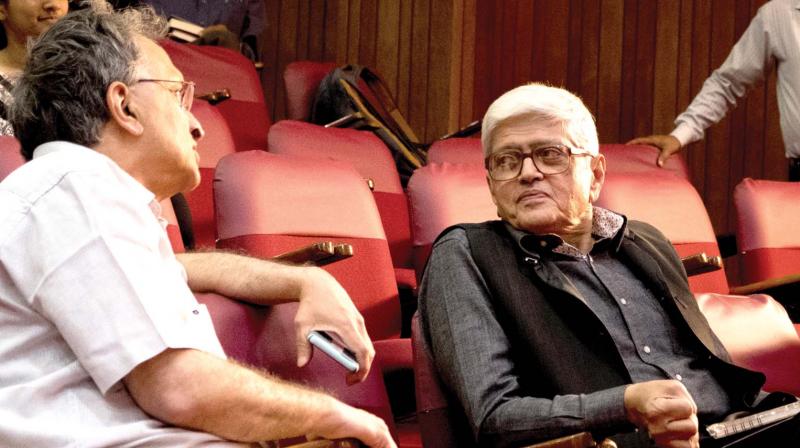
Image by DeccanChronicle
Former governor of West Bengal Gopalkrishna Gandhi and historian Ramachandra Guha at an event in Bengaluru
The add to countless tales of Gopal being brilliant, historian Ramachandran Guha went down his memory lane to reminisce his time with Gopal. “Gopal Gandhi has been a buddy and sounding board for me for the past 30 years” exultantly he said ” No one I know knows more about the political history of modern India than he”. Talk to him about caste, religion, and community; Gandhi, he has knowledge with varying perspectives on all these topics. ” His expertise were never limited to the classroom.” Before becoming Secretary to the President of India, High Commissioner in South Africa and Sri Lanka, and Governor of West Bengal, he began his career as a lowly civil servant in Tamil Nadu’s districts. He has seen how the Constitution works (or does not work) at all levels of Government, and is thus well placed to correct or amplify the perspective of a historian who takes his own clues from the archives.

Image and Caption by Outlookindia
Gandhi’s grandson Gopalkrishna Gandhi makes a speech next to a new statue of Mahatma Gandhi by British sculptor Philip Jackson after it was unveiled in Parliament Square, London.
Gopal Gandhi’s services to our Republic are extensive; yet they could have been even wider had our political class not been so devoured by petulance. Kashmir was engulfed in violence and instability in 2010. An outreach from the Central Government was called for. It was suggested that an interlocutor be assigned by New Delhi to go to the Meadow. Gopal’s name was postulated. He was, of course, well credentialed for the subject, having worked on conflict resolution in Sri Lanka, South Africa, and West Bengal, among other locales. He had a charismatic demeanor and spoke Hindustani (Urdu) fluently, all while inheriting the name and lineage of India’s greatest modern leader.
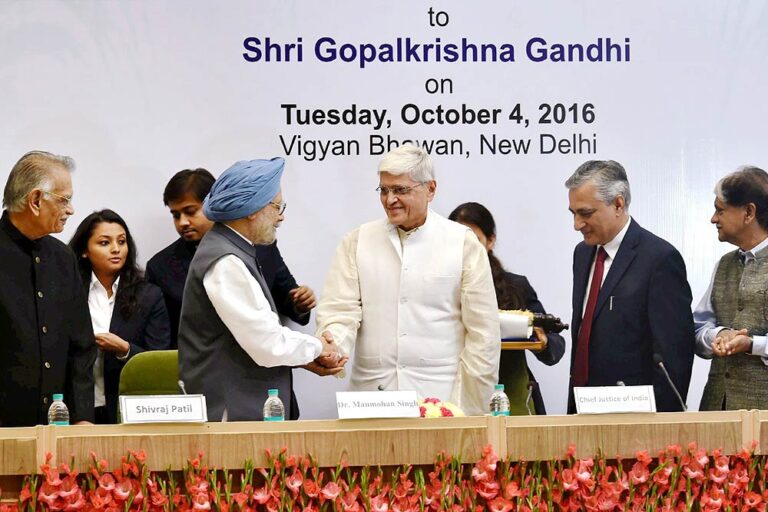
Image and caption by Outlookindia
Former Prime Minister Manmohan Singh greets former Governor of West Bengal Gopalkrishna Gandhi after he was honored with Lal Bahadur Shastri National Award for Excellence in Public Administration, Academics and Management 2016, by Chief Justice of India Jastice T S Thakur, in New Delhi.
Nowadays it is en vogue to appreciate and praise politicians for the kind of eloquence and rhetoric that can canvass votes, win elections, make big promises, and infuse in ordinary people that most elusive feeling, faith, vishwas. But the way in which its most leading contemporary proponents will use political messaging is to create a wheezing clatter of demagoguery, spin, hate speech and, increasingly, distorting facts. Rarely does one come across a figure as Gopal Gandhi, with such an acute ear for nuance, with this sophisticated grasp of meaning, and such command of various registers and genres of discourse.



